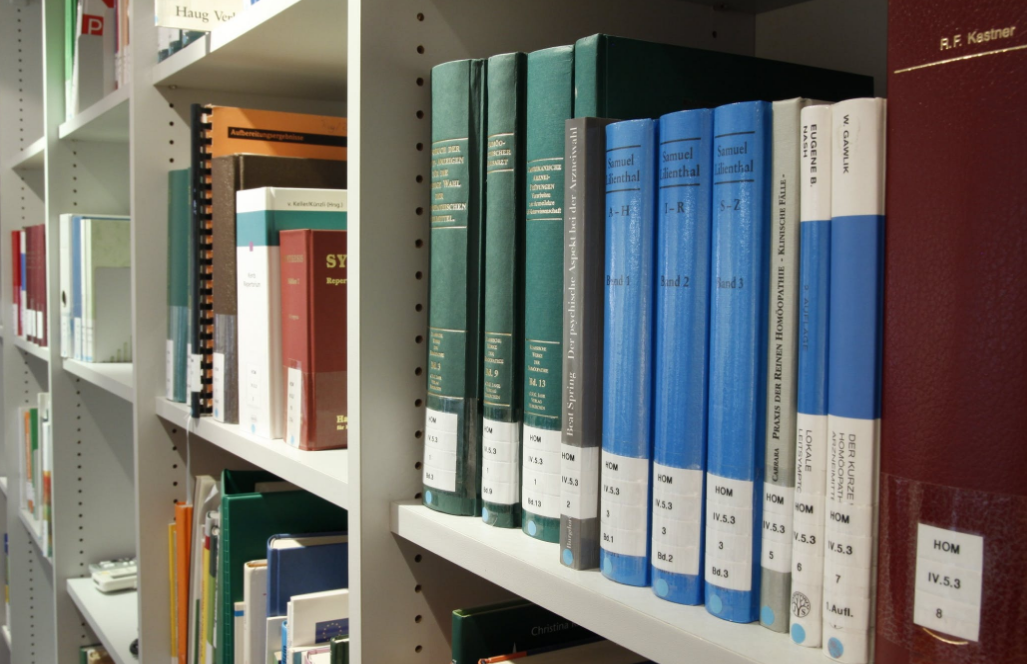英语学习中有哪些易错单词,它的用法辨析是什么
为什么很多词汇时常发生用错的情况呢?其实归根到底说这些原因,一是根本不了解这次词汇的最本真的意思和词性导致用错,第二是关于不同词汇在不同语境中与之系那个关联的短语搭配或者跟同一词汇,拼写类似的单词弄混淆,解决错误找到根源看下面:

1、Mistake n.错误;误会;过失 ,vt.弄错;误解 ,vi.弄错;误解
(1)我误拿了你的笔。[误]I took your pen by wrong. [正]I took your pen by mistake.
解析:by mistake是"错拿了"、"误拿了"你的东西。wrong意为"错误",而by mistake为"弄混了"。
(2)弄错,犯错 ; 如果我没 弄错/搞错 的话,您是Brown先生。[误]If I'm not wrong, you are Mr Brown. [正]If I'm not mistaken, you are Mr Brown.
(3)误以为,错当做 ; 老师错把我当做我哥哥。[误]The teachers always mistook me as my brother. [正]The teachers always mistook me for my brother.
解析 :mistake…for…是"错把……当作……"之意,如:I took your book for mine.
2、more n.更多,adj.更多的;附加的,adv.更多;此外;更大程度pron.更多的数量
(1)这本书比我的那本更好 [误]This book is more better than that one.
[正]This book is much better than that one.
解析 :more只能形容实际数量的更多, 不能用比较级来修饰比较级,而应用much, rather等来修饰比较级。
(2)你读到的越多,学到的就越多 [误]More you read, more you learn. [正]The more you read, the more you learn.
解析 : 在"越……越……的"表达法中,形容词的比较级前要加定冠词。 需要注意 :more than one这个词组的后面要跟单数名词和单数谓语动词。 如:More than one student is going to do part time job after school.
价值300元外教英语课程领取:http://www.acadsoc.com.cn/lps/lp4.htm?search=700053 (北美原版教材)
(3)no more than not more than
no more than,应译为"只不过"、"才",如:He wrote no more than three books.即:他真正写了三本书。
而not more than,则意为"不会多于,不会超过",如:He wrote not more than three books.即他写的书不会多于三本。又如:He is no shorter than you.应译为"你和他都不矮",而He is not shorter than you.才应译为"他比你高。"
3、Most,n.大部分,大多数 ,adj.大部分的,多数的;最多的 ,adv.最;非常,极其;最多;几乎
(1)绝大多数学生很擅长英语 [误]Most of students are good at English.
[正]Most of the students are good at English.
解析 :Most单独用不能直接表达大多人····,需要接名词的话中间必须要补充介词of,most of这一结构后面的名词前一定要有一个限定词。
(2)我的朋友绝大多数都是老师。[误]My friends are most teachers. [正]My friends are mostly teachers.
解析 :mostly意为"大部分的","主要的"adv ,副词可以直接修饰名词。
4、much n.许多,大量adj.大量的 adv.非常,很 pron.许多,大量
这个男孩很快睡着了。[误]The boy was asleep very much.[正]The boy was fast asleep.
解析 : 不是所有的形容词都可以用very来修饰,如fast asleep意为"熟睡",则是固定搭配。像interesting, exciting, surprising这些形容词化的现在分词,以及tired, interested这些形容词化的过去分词则要用very来修饰。
5、must , aux.必须,一定;可以,应当;很可能 n.绝对必要的事物;未发酵葡萄汁
(1)他一定在办公室,一定没有回家[误]He must be in the office, and mustn't go home.
[正]He must be in the office, and can't go home.
解析 :must加动词原形为对事情的肯定推测,而否定的推测则要用can't加动词原形。
对于对事物的推断,表示否定的结果情况,只有can not表示不会发生,不可能发生。如果是虚拟语气或者语气委婉,就是could not .
(2)之前下过雨 [误]It must have rained now. [正]It must have rained yesterday.
解析 :"must+have+过去分词"为对过去发生事情的推测。这句话应译为"昨天一定是下雨了。"又如:I must go and call him. He must have forgotten it.表示对过去的事情,已经发生的事情的推测 ,用must have done···来表示 。
(3)must用来表示说话者觉得某件事有必要去做 ,must have to
如I must stop smoking.其意为:我自己认为我要戒烟;而have to则多用来表达由于来自外界的因素而不得不去做的事,表示客观不得不做的
I have to go to school tomorrow. must无过去式,当用在讲过去某件必须要做的事时要用had to,如:When I was young, I had to go to the factory.在否定句中mustn't意为:一定不要做某事,如:You mustn't tell this to Tom.
而haven't to则多意为没有必要去做,如:You don't have to tell this to Tom.而英语中多用needn't来取代haven't to.
<上一篇 如何才能更好地理解翻译英语,有什么方法
下一篇> 什么是英语并列句,并列句型归纳解析有哪些






评论